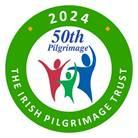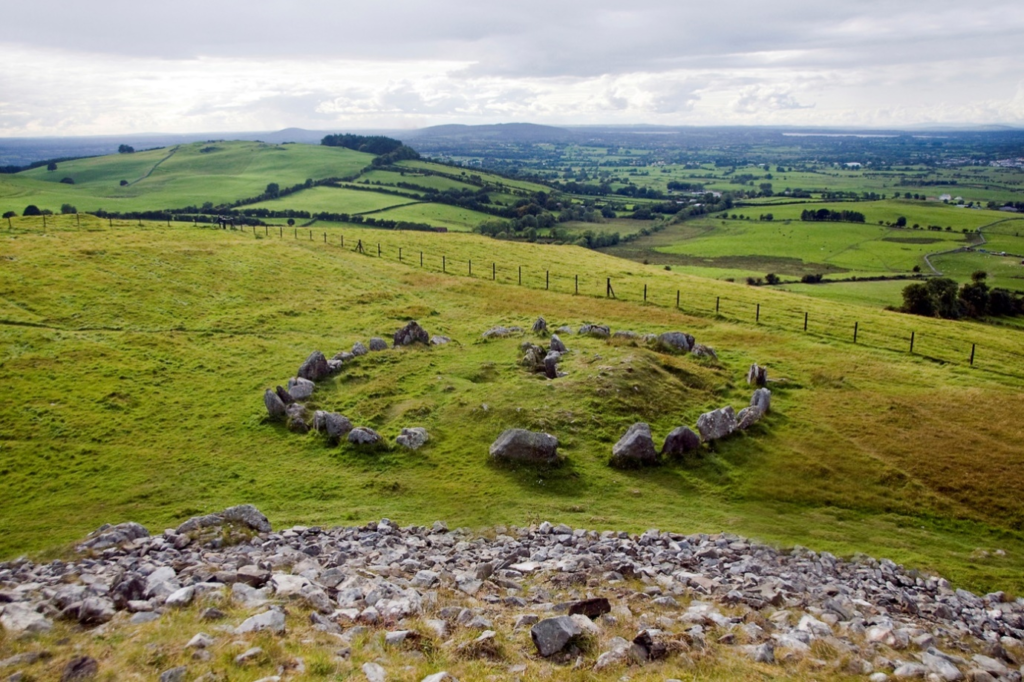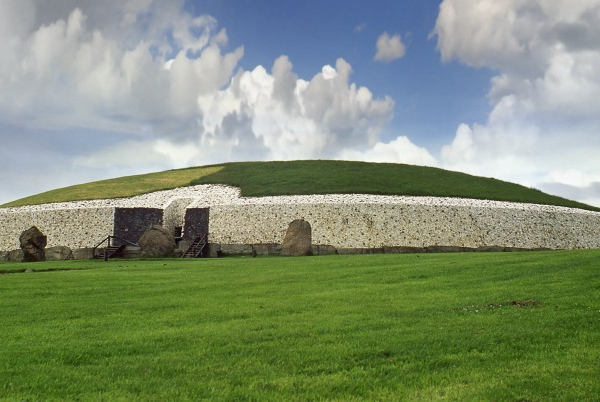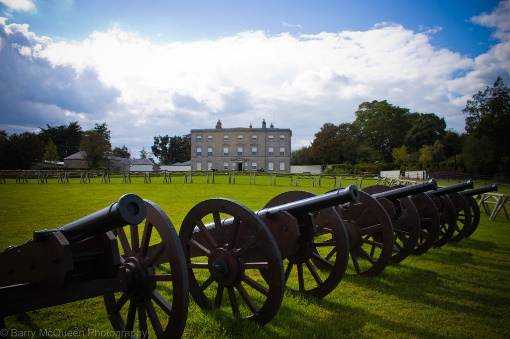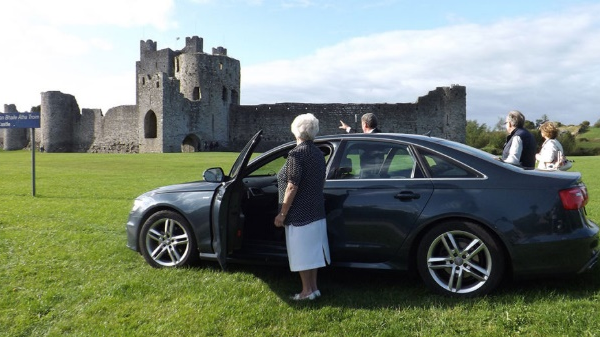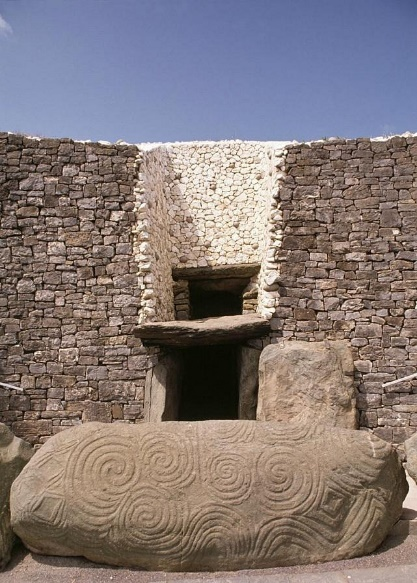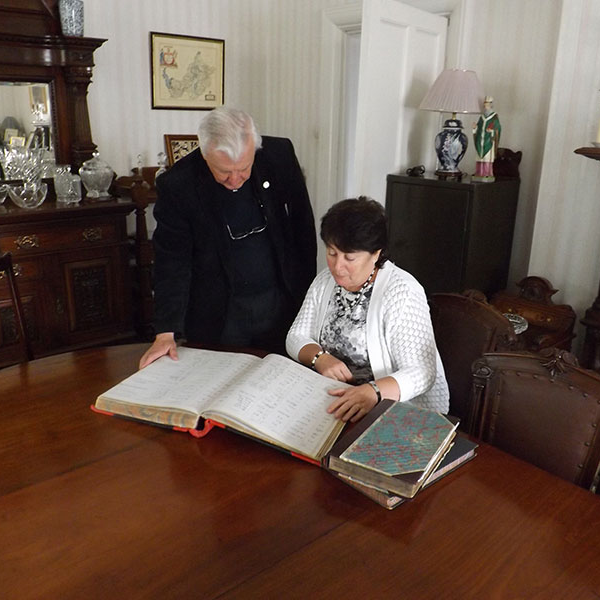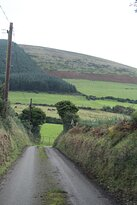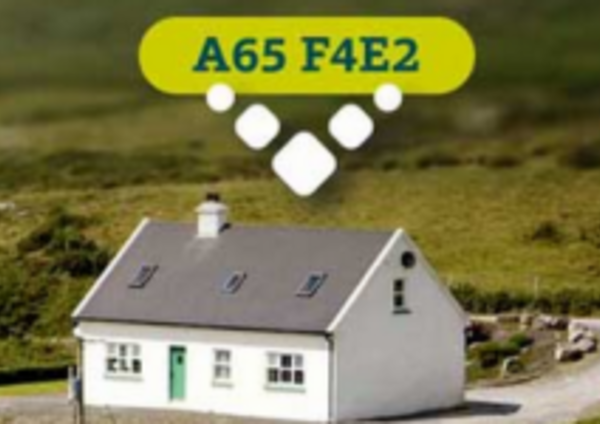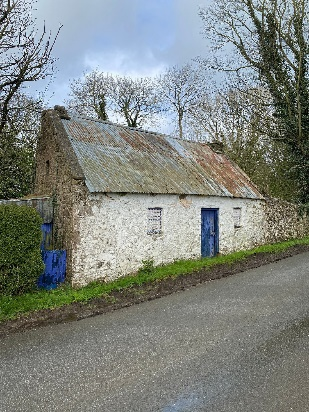Ireland’s history is a rich mix of culture, conflict, and transformation, shaped by numerous pivotal events and influential figures. Here’s a concise timeline highlighting key moments and personalities that have defined Irish history.
Prehistoric Ireland (c. 10,000 BC 500 AD)
- Mesolithic Era (c. 10,000 4,000 BC): The earliest known human presence in Ireland, characterized by hunter-gatherer societies.
- Neolithic Era (c. 4,000 2,500 BC): Introduction of farming and construction of megalithic tombs like Newgrange.
- Bronze Age (c. 2,500 500 BC): Development of metalworking skills and the emergence of complex societies.
- Iron Age (c. 500 BC 500 AD): Arrival of the Celts, establishment of tribal kingdoms, and the construction of ring forts.
Early Christian Period (c. 400 800 AD)
- Saint Patrick (c. 385 461 AD): Brought Christianity to Ireland and established monasteries that became centers of learning and culture.
- Monastic Golden Age (c. 600 800 AD): Ireland became known as the “Island of Saints and Scholars” due to its monastic schools and illuminated manuscripts like the Book of Kells.
Viking Era (c. 800 1014 AD)
- Viking Invasions (c. 795 1014 AD): Vikings established settlements and trade routes, notably founding Dublin.
- Battle of Clontarf (1014 AD): High King Brian Boru defeated the Vikings, though he died in the battle, leading to the eventual decline of Viking power in Ireland.
Norman Invasion (1169 – 1536)
- Norman Invasion (1169): Began with the landing of Richard de Clare (Strongbow) in Leinster, leading to the Norman conquest of Ireland.
- Lordship of Ireland (1171 1536): Established under Henry II of England, who sought to control the Norman lords in Ireland.
Tudor and Stuart Eras (1536 -1691)
- Tudor Conquest (1536 – 1603): Henry VIII’s assertion of English control, leading to the suppression of Irish chieftains and the imposition of English law.
- Plantation of Ulster (1609): Colonization of Ulsterby English and Scottish settlers, causing significant demographic and cultural changes.
- Williamite War (1689 – 1691): Conflict between Catholic King James II and Protestant King William III, ending with the defeat of James at the Battle of the Boyne.
18th and 19th Centuries
- Penal Laws (1695 – 1829): Laws restricting the rights of Catholics and Presbyterians, fostering resentment and resistance.
- Great Irish Famine (1845 – 1852): A devastating potato blight led to mass starvation, death, and emigration, significantly impacting Ireland’s population and economy.
- Home Rule Movement (1870 1914): Political efforts to gain self-government for Ireland within the United Kingdom, led by figures like Charles Stewart Parnell.
20th Century to Present
- Easter Rising (1916): An armed insurrection in Dublin against British rule, leading to the execution of its leaders and galvanizing support for Irish independence.
- Anglo-Irish Treaty (1921): Ended the War of Independence, creating the Irish Free State and partitioning Northern Ireland.
- Irish Civil War (1922-23): Conflict between pro and anti-Treaty forces, resulting in the establishment of the Irish Free State.
- Republic of Ireland (1949): Ireland formally declared itself a republic, severing the last ties with the British Commonwealth.
Discover your Irish family heritage with My Ireland Family Heritage. Our meticulous genealogy research in Ireland can help you uncover your roots.
Experience our historical tours of Ireland and immerse yourself in the rich cultural tours of Ireland. You can also join a one-day family heritage tour or visit the best genealogy sites Ireland with us.
Contact us today and begin your journey into the heart of your ancestry!


